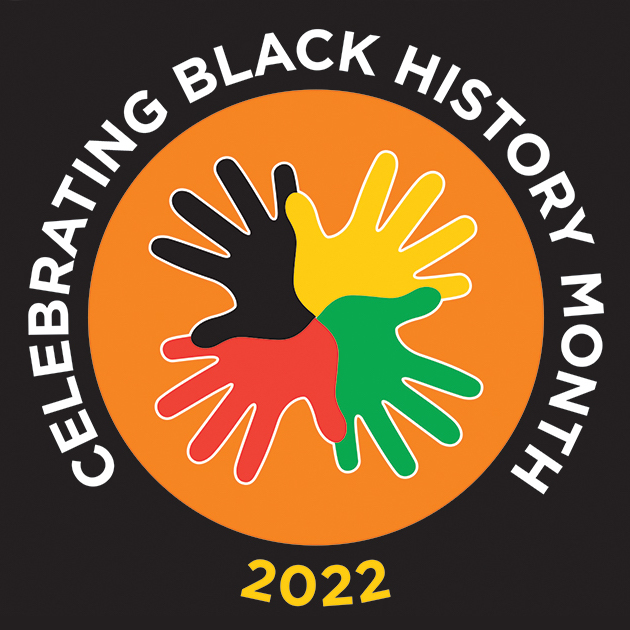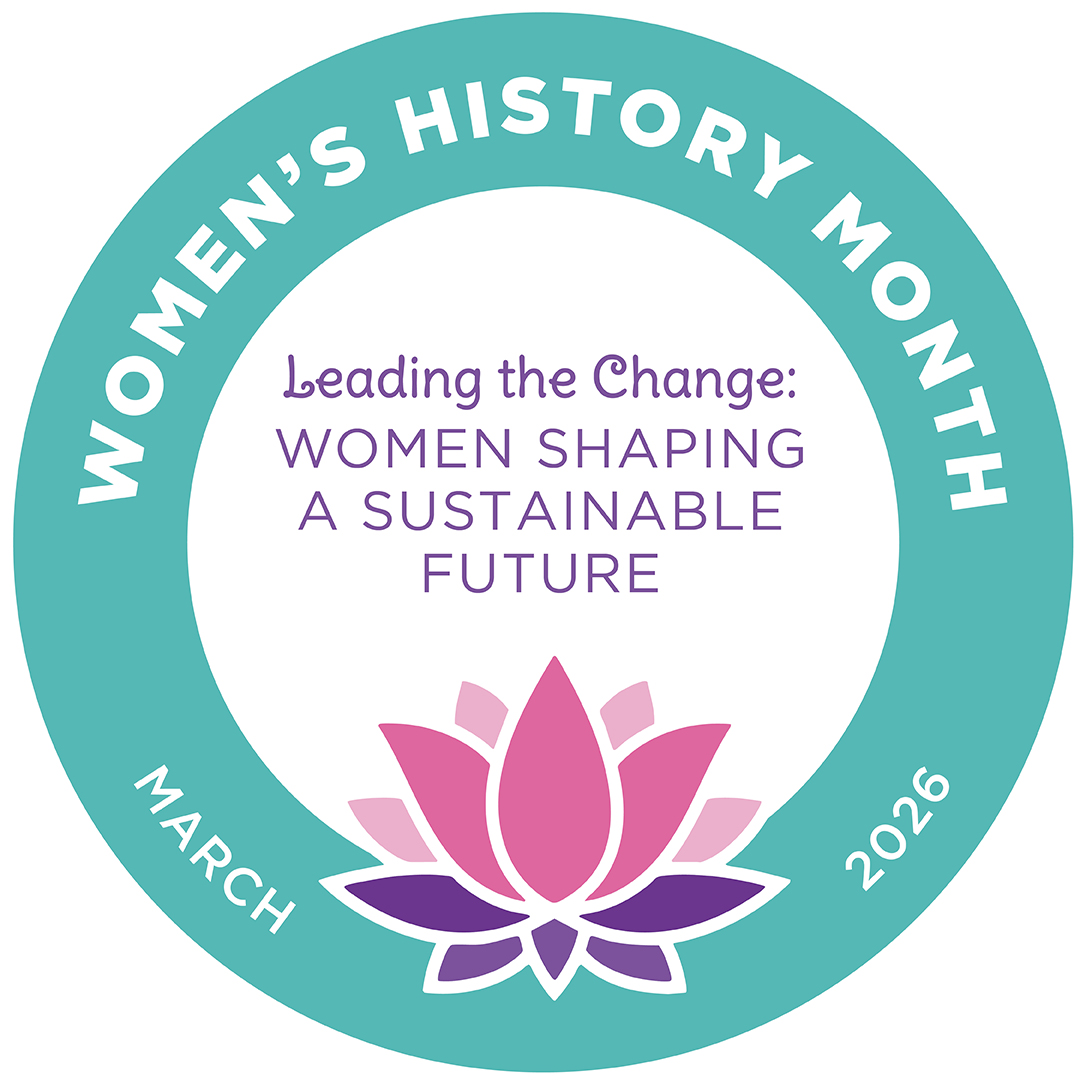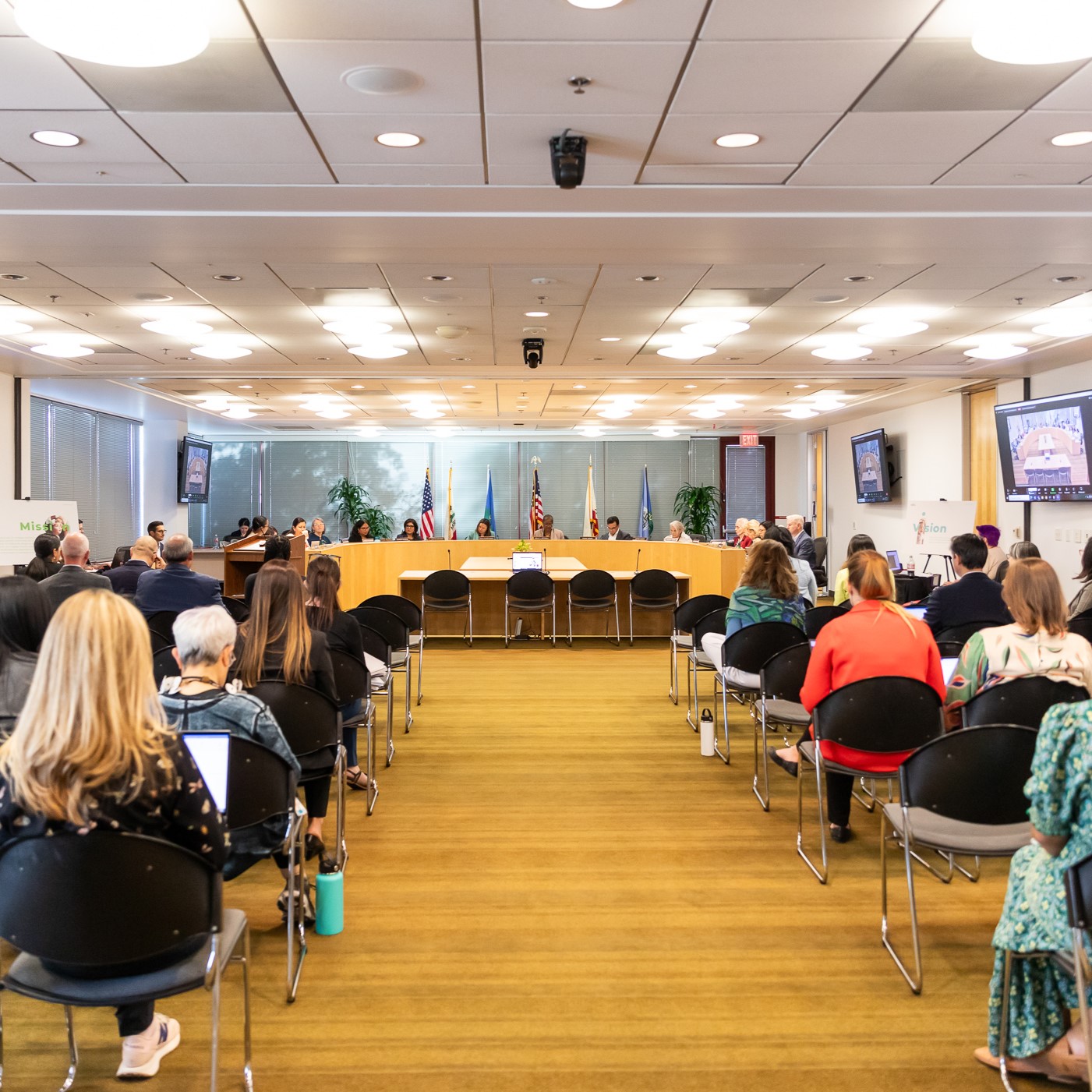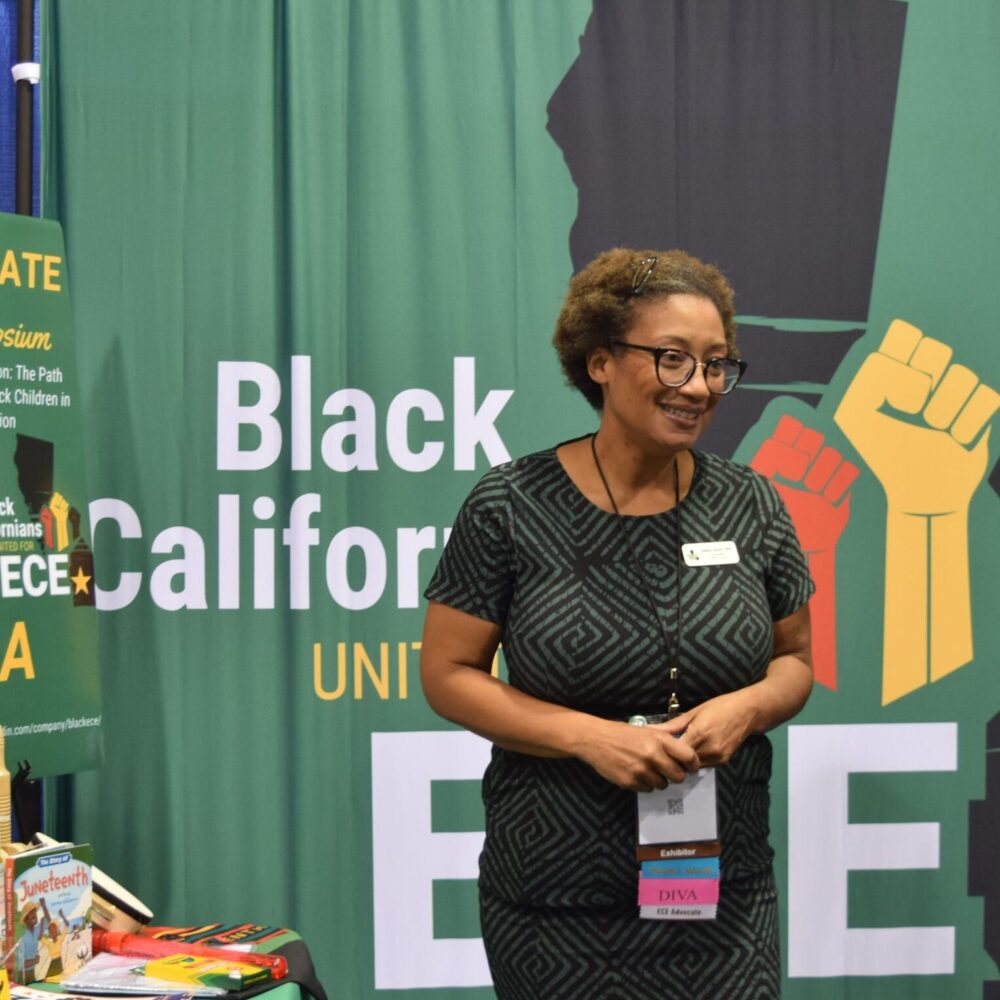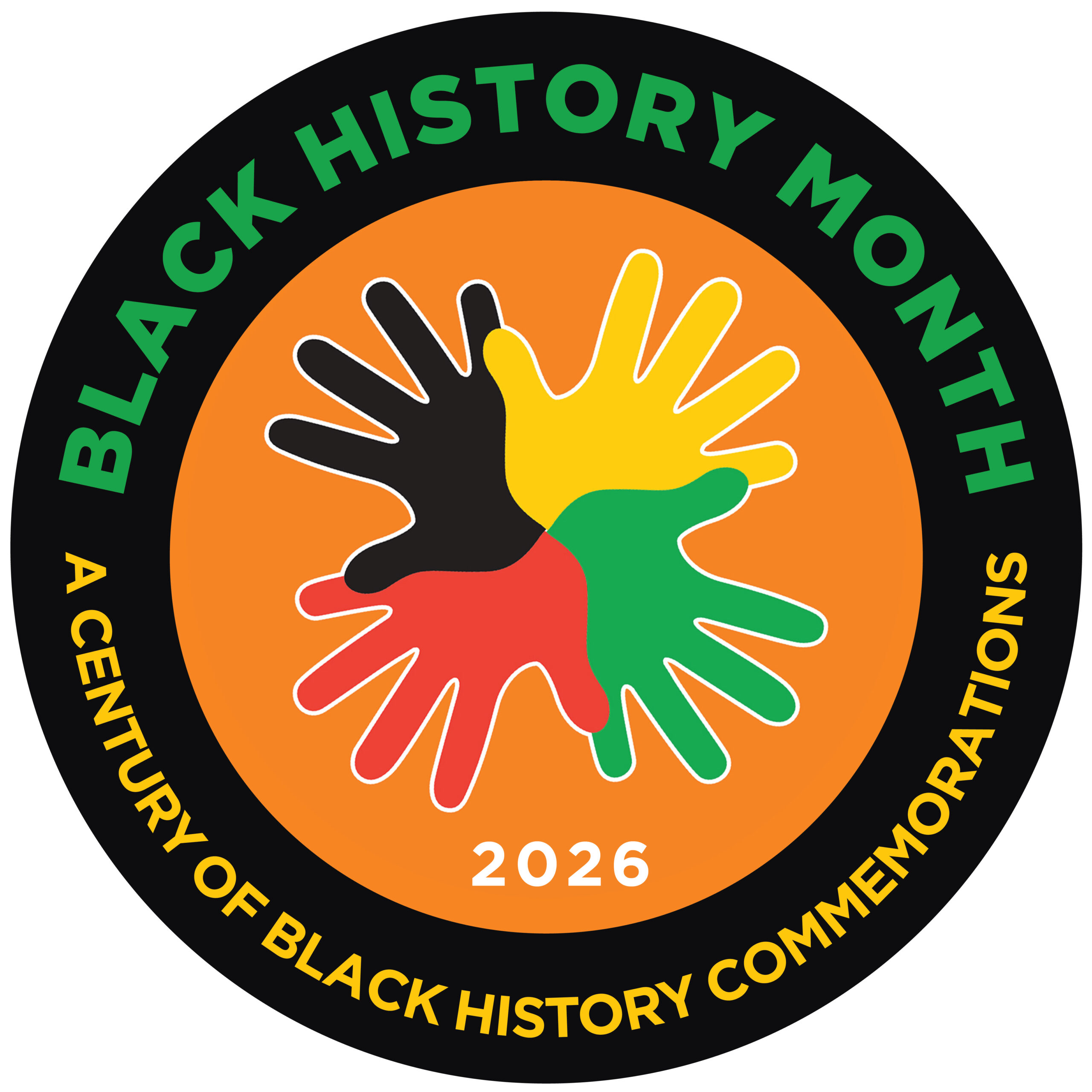February 10, 2022
I am bringing my personal perspective on how agencies can make improvements to approaching systems change efforts that affect African American families in communities with limited resources. For starters, “African Americans are not a monolithic group of people,” but in many instances we are viewed this way. Of course, it would be much easier to accomplish goals if there was a one size fits all approach, but that is not the case and that is one of many reasons why systems change work is complicated.
Are folks listening?! Some folks like sweet tea, some like unsweetened tea and others may even prefer a simple glass of room temperature water. Today’s monolithic assumption was systematized in slavery. The diversity and differences within this group are real. We come from different religious/spiritual beliefs and political practices. Believe it, there are Black atheists and conservatives, but society would paint the picture that all Blacks are Christians and Democrats. Africans had their own tribal and spiritual practices that involved honoring the elders and ancestors and looking to them for guidance, before outside religions were introduced to them with images of a higher being that has no resemblance to them. Many families were separated and did not have their elders to look to for guidance. The very thought that one set of practices and beliefs can solve all the problems and challenges of African descendants living in America is very unrealistic and has failed us for many years. I believe, in order to see progress for a diverse group of people requires diverse ideas, plans and designs to truly see conditions improve for Americans of African descent.
It has been a continuous challenge for First 5 LA to effectively outreach to this diverse African American population that resides in any of the five Best Start regions. There has been some success in increasing African American participation, but when it comes to addressing the diverse population, there is much more work to be done.
Even within the First 5 LA system, there are clear examples of differences amongst the African Americans that are employed with First 5 LA. We come from many different lived experiences based on economics, education, and generations. Although we share the same will to help improve the conditions of African American families that live in the communities that we work in, we have different ideologies and views on how we can best work together.
The term African American is often used in public settings with groups that are not of African descent. Most Americans of African descent refer to themselves as Black. There are Island folks (Caribbean Black folks), Southern Black folks and African Black folks to name a few that all have their separate and distinct identity, beliefs, and values. Some have the challenges of the immigration process, while others have a feeling of being overlooked as if their opportunity has passed on and simply do not believe in the American Dream due to it never really being activated for people that look like them. There is also a group of Black folks that do not want to be identified as victims of oppression and feel that they have been able to navigate the systems in place and others should be able to, too. This group is often silenced and marked as sell outs to their race because of the unpopular stance they take.
It is very important to know and acknowledge the differences to open new approaches for how we do our work to improve the conditions of African American families through a diversity, equity and inclusion lens. I believe to see progress for a diverse group of people requires diverse ideas, plans, and designs to truly see conditions improve for African Americans living not only in the Best Start regions but throughout Los Angeles County. We are all not the same and have different needs, but we all have the same need and desire to have better conditions for our children. It is so important that black folks continue to lead the charge and have their many voices heard in the process of improving our conditions.
